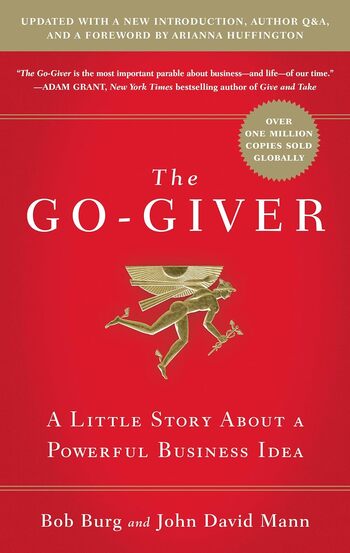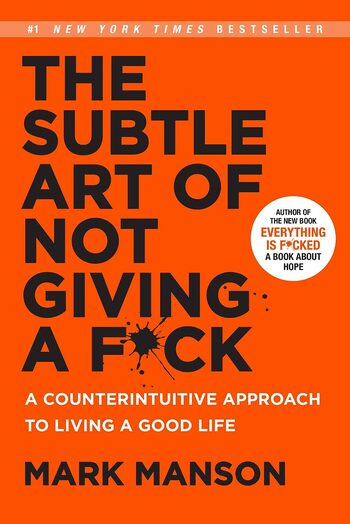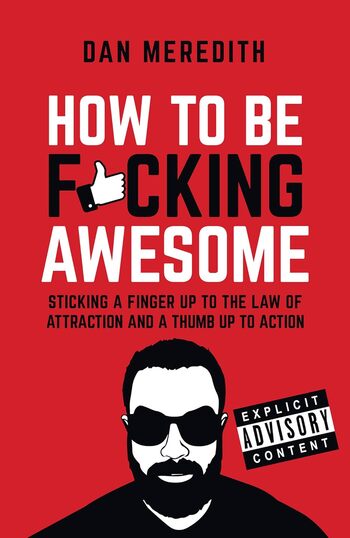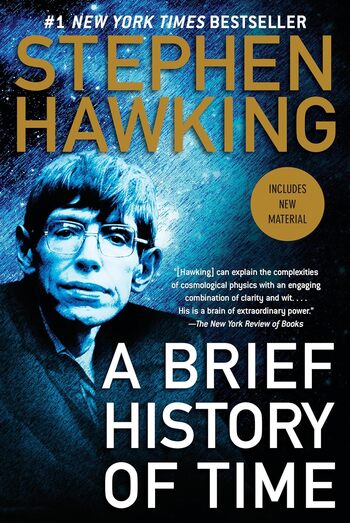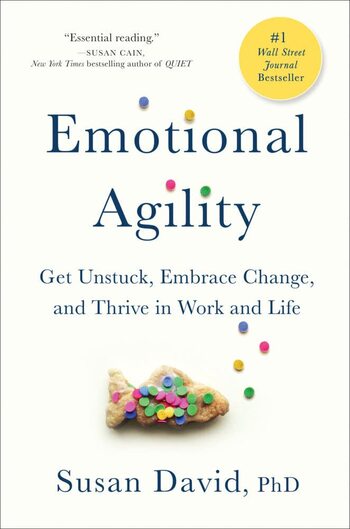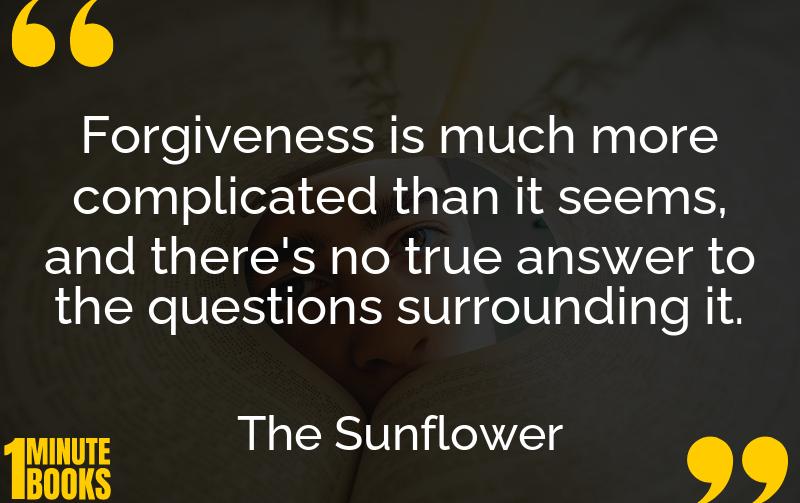
The Sunflower explores forgiveness and morality through Wiesenthal’s encounter with a dying Nazi soldier seeking absolution for past atrocities. Simon’s decision to remain silent leads to a broader inquiry about forgiveness among diverse voices.
Main Lessons
- Forgiveness isn’t always clear-cut; it’s complex and nuanced.
- The dilemma between compassion and justice can haunt one’s consciousness.
- True remorse can’t be measured easily, especially in extreme situations.
- Religious beliefs greatly influence perspectives on forgiveness.
- Silence can be as powerful a response as words in delivering moral reflections.
- Understanding that silence might convey both compassion and refusal of forgiveness.
- The importance of reflecting on personal responses to moral dilemmas.
- Everyone’s view on forgiveness can be deeply personal and varied.
- Forgiveness involves making a distinction between the individual and the crimes.
- Silent contemplation might offer a path to empathy and moral clarity.
- Reflection on one’s suffering can lead to a stronger sense of justice.
- Compassion can be seen as a healing force even amid painful memories.
- Exploring if forgiveness is possible without forgetting past wrongs.
- The book encourages considering what one would do in Simon’s place.
- Asking pivotal moral questions can aid in understanding our humanity.

